The Scandal of Andover Workhouse
Following on from - Let's Talk Ladies Walk.
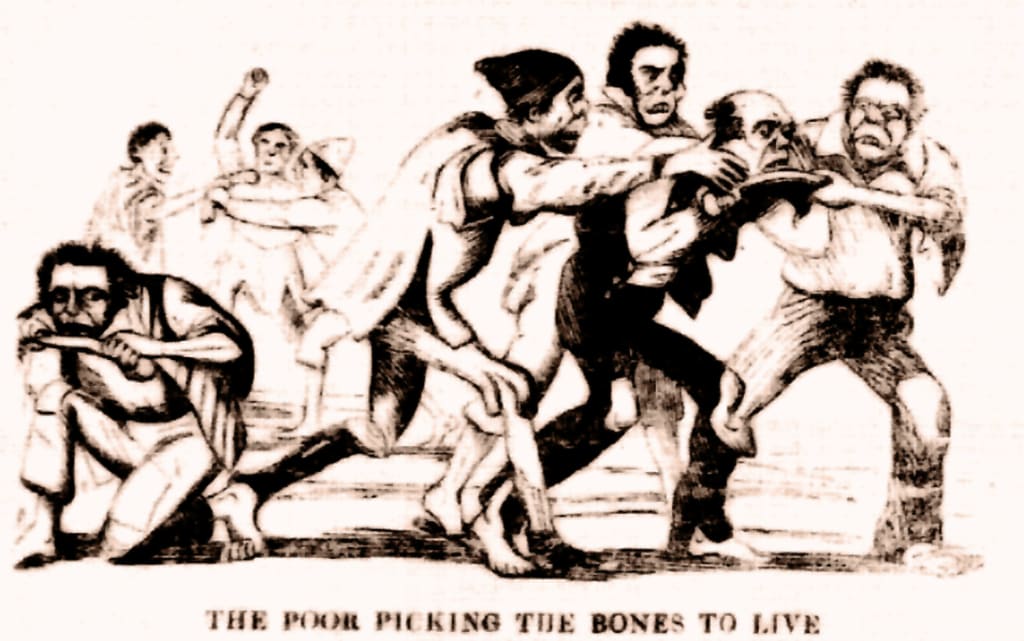
Hello, my lovelies, fellow Andoverians and other weirdos and misfits out there who may be reading. I hope you're all well and doing your best as always, it's pretty rough out there at the moment.
A couple of weeks ago, I unintentionally opened up a can of worms with my Let's Talk Ladies Walk article. The responses I received from my last article blew me away and only pushed me further into this next story. I mistakenly fell deep into the rabbit hole and accidentally embarked on a slow and heartbreaking adventure full of unexpected twists, frustrating missing information and a terrible scandal.
Turns out Andover has a pretty dark, depressing, and well-dismal history. Some of Andover's history is fascinating but otherwise deeply tragic, especially when you find yourself unintentionally unravelling the horrors of a Victorian Workhouse Scandal. Some of you may know what I'm talking about here, but for those of you that don't sit tight, this is a rough one, like sandpaper on bare skin rough. The type where you can't help but spot stark similarities between present attitudes, situations and stigma to that of our past.
I hope this story reminds everyone to be better and humble. Oh and my advise, don't eat anything.
Okay. So the year is 1834. The middle and upper classes have claimed that the cost of looking after the poor had become 'too high' and that they were only paying poor people to be lazy and avoid work. Sounds familiar - right? Anyway, with this, a new Poor Law was established creating the infamous Victorian workhouses.
"Under the new Poor Law, parishes were grouped into unions and each union had to build a workhouse if they did not already have one. Except in special circumstances, poor people could now only get help if they were prepared to leave their homes and go into a workhouse."
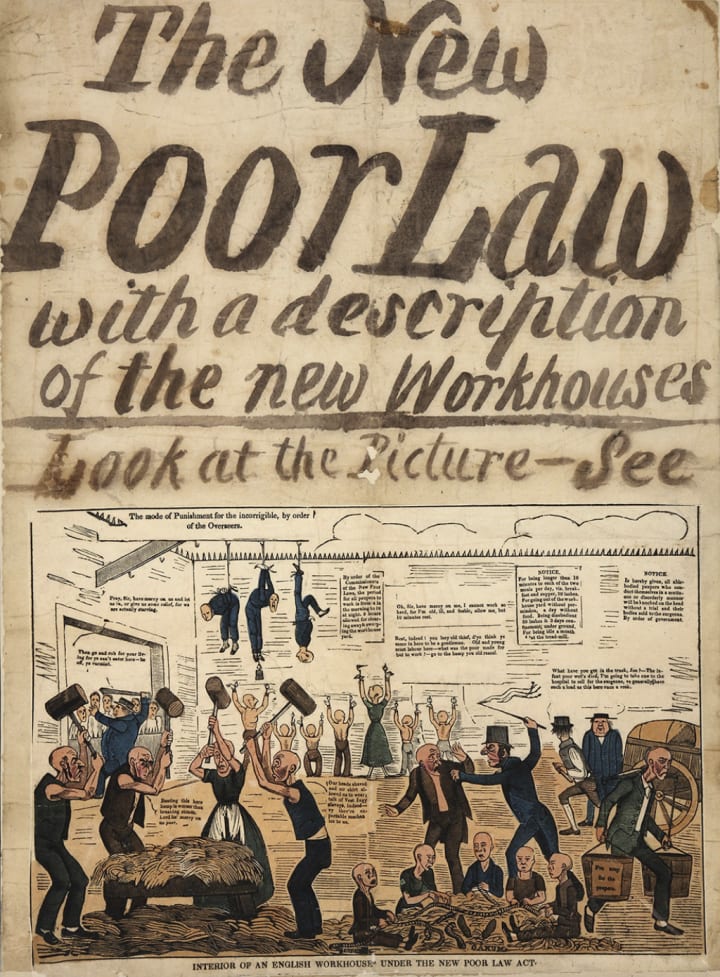
Life in the workhouse was intentionally designed to be cruel. Those against the Poor Laws called them 'Prisons of the Poor', and were simply penalising people who were poor with no fault of their own. In Victorian society, morality was at the heart of the public consensus, and if you were poor, you were guilty of the crime of poverty. Yep, if you were poor, you might as well be a fully-fledged criminal.
The idea was to make the workhouse a feared institution that was a very last resort. Residents of the workhouse were called 'Inmates' and those in charge 'Guardians.' Upon entering the workhouse, inmates would have to give up all possessions (if they had any) and were provided with a uniform. Families were separated and put into different sections; able-man, able-woman, boy and girl, old and infirm. They wanted to ensure that poor people could not 'breed more children to claim more money.' I'm sure we've all heard that one before, no?
Inmates were expected to work long gruelling hours with next to no food. If they weren't sleeping they were working. Inmates were only given enough to just stay alive and were seriously malnourished. Men would work hard labour, and women would clean, do laundry, and pick apart rope threads. Children were provided education or were sent to work in the factories or even sometimes mines. Smallpox, measles and other diseases were common. The bedrooms were cramped and dark. It was a prison.
The wake-up call would be 6 or 7 am (depending on the season), and breakfast would be served at half past the hour. This meal, of course, is what we know as gruel, a bland substance of milk rice, or watered-down porridge, you'd be lucky if it had onions in it, really lucky. Bread of course was also a staple part of a workhouse diet. Lunch (if you again were lucky and not in a corrupted workhouse) would be served 1-2 pm. This would normally be a potato soup-like dish, or rice pudding again with more bread.
Women and children received less than men and if you were elderly you were allowed one tea and a stick of butter for your bread, oh and you never guess what dinner was. Yep, more bread. No vitamins or minerals, just bland contaminated slop. Bedtime 8 pm.
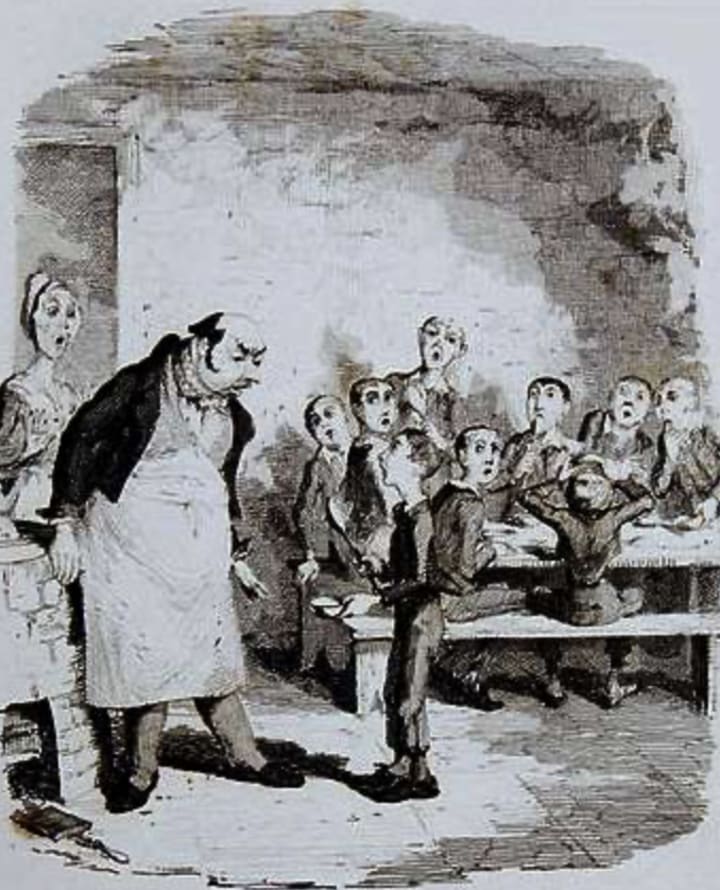
So what about Andover, and why am I bringing attention to it? Well, workhouse scandals weren't uncommon, but this scandal sticks out like a sore thumb, one of which is grossly infected. This is the workhouse that is said to have inspired Charles Dicken's Oliver Twist and for all the wrong reasons.
In 1836 the Andover Union Workhouse opened its doors. The guardian Colin McDogual was the Master of the House along with his wife who was Marton. The Workhouse produced bone fertilizer. Of course, I had to, Google what the hell it was for. Turns out it helps plants and crops grow as the bones have all the perfect nutrients for the soil. Great right?
Nope.
In 1844 the government opened an inquiry into the Workhouse conditions in Andover after hearing rumours of Gudarians taking all the profits for themselves, getting drunk and abusing female inmates, and overall corruption. For instance, McDougal was buying bones at 17 shillings a ton (about 70p) but he was selling the bone fertilizer at 24 shillings a ton (about £1.35)
I can't believe this was currency up until 1971, thank god I was born in 1997. For context: One pound = 20 shillings. One pound is also One Gold Sovereign. Whereas a Guinea was 21 shillings so it was 1 tenth more valuable than the pound.
My word -

In other words, McDougal was making a buck and was deliberately putting profits over people...hmmmmmmmm, never heard that one before, ey? So what about the people? If McDougal was cutting corners what was life like there? A witness statement of a former inmate aged 61 tells the inquirer:
"I was employed in the workhouse at bone-breaking the best part of my time... We looked out for the fresh bones; we used to tell the fresh bones by the look of them, and then we used to be like a parcel of dogs after them; some were not so particular about the bones being fresh as others;
I like the fresh bones; I never touched one that was a little high; the marrow was as good as the meat, it was all covered over by bone, and no filth could get to it... I have picked a sheep's head, a mutton bone, and a beef bone; that was when they were fresh and good; sometimes I have had one that was stale and stunk, and I eat it even then; I eat it when it was stale and stinking because I was hungered, I suppose.
You see we only had bread and gruel for breakfast, and as there was no bread allowed on meat days for dinner, we saved our bread from breakfast, and then, having had only gruel for breakfast, we were hungry before dinner-time. To satisfy our hunger a little, because a pint and a half of gruel is not much for a man's breakfast, we eat the stale and stinking meat.
If we could get a fresh bone we did not take the stale and stinking meat. The allowance of potatoes at dinner on meat days is half a pound, but we used to get nearly a pound, seven or eight middling sized potatoes.
The food we got in the workhouse was very good; I could not wish better, all I wanted was a little more... I have seen a man named Reeves eat horse-flesh off the bones."
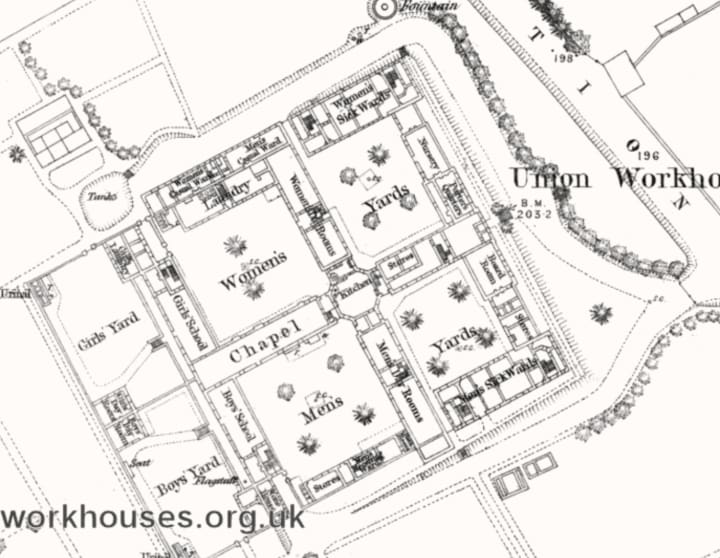
Bloody horrific isn't it? I'm sure you'll probably look at Oliver Twist in a different light, now that you know it wasn't Dicken's imagination but 16 million people's reality. Do you know what makes it worse? The fucker (essentially) got away with it. Workhouses didn't officially close until 1948, so I'm not surprised to see a similar discourse and hatred towards poorer people. It had to come from somewhere right?
I wanted to highlight these horrors because that building is still in use today. In fact, it is now residence and I felt that it was important to let the people who are living there now know the truth about what actually went on in that building. If you happen to live then I'm so sorry. It doesn't sit right with me that a house of horrors has been turned into flats. A building that many would have done whatever they could to have flats like that. I feel it is a slap in the face to everyone who suffered and died in that building and shame on Purple Bricks for dressing it up in advertising and I quote:
"Built in 1836, the former workhouse is steeped in character and widely thought to have been the influence for Charles Dickens's classic novel Oliver Twist."
Steeped in character? What character fucking Chucky? It's disgusting and extremely distasteful. It should have been kept as it was; a physical and stark reminder of the past to ensure it could never happen again.
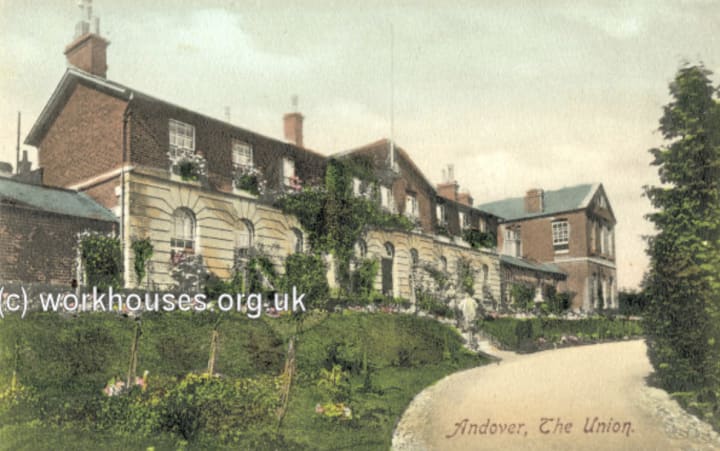
But alas, the same things are happening again but this time wearing a bloody Dior suit.
This case made me realise that Britain's patriotism needs to be redefined, and refocused. Our identity and culture do not rest on the shoulders of a man in a crown full of stolen jewels that isn't even British. This country is built on the backbone of unnamed heroes and ordinary people who have their credit and suffering stolen from them by lesser but powerful people; who seek to victimise themselves to appear relatable.
True patriotism is not bound to borders but within all people. If the basic needs of survival aren't met how is anyone going to succeed? No-one should work ridiculous hours for that. That's not living. All should have an opportunity to thrive, not just barely survive, and with that eternal abundance is inevitable.
Progress not victory! There is hope, so long as we don't forget the horrors of our past, and ensure that we do not repeat ourselves. We must be better. We can be - together.
________________________________________________
P.S. I have so much research surrounding this scandal, I am currently writing a novel based on the material I've sourced and a few sneaky suspicions, so keep your eyes peeled!
Don't forget to leave some love and subscribe and as always;
Stay safe, stay hopeful and stay blessed :)
References:
https://www.historic-uk.com/HistoryUK/HistoryofBritain/Victorian-Workhouse/
https://listverse.com/2023/04/27/10-bleak-facts-about-victorian-workhouses/
https://backinthedayof.co.uk/daily-life-in-the-victorian-workhouse
https://www.workhouses.org.uk/Andover/
https://logicmgmt.com/1876/living/money.htm
https://en.wikipedia.org/wiki/Andover_workhouse_scandal#cite_ref-22
https://www.purplebricks.co.uk/property-for-sale/1-bedroom-ground-floor-flat-andover-641964#/
https://www.historic-uk.com/HistoryUK/HistoryofBritain/Victorian-Workhouse/
About the Creator
Rosie J. Sargent
Hello, my lovelies! Welcome, I write everything from the very strange to the wonderful; daring and most certainly different. I am an avid coffee drinker and truth advocate.
Follow me on Twitter/X @rosiejsargent97
Enjoyed the story? Support the Creator.
Subscribe for free to receive all their stories in your feed. You could also pledge your support or give them a one-off tip, letting them know you appreciate their work.
Reader insights
Outstanding
Excellent work. Looking forward to reading more!
Top insights
Expert insights and opinions
Arguments were carefully researched and presented
Easy to read and follow
Well-structured & engaging content
On-point and relevant
Writing reflected the title & theme
Compelling and original writing
Creative use of language & vocab
Eye opening
Niche topic & fresh perspectives
Heartfelt and relatable
The story invoked strong personal emotions
Excellent storytelling
Original narrative & well developed characters





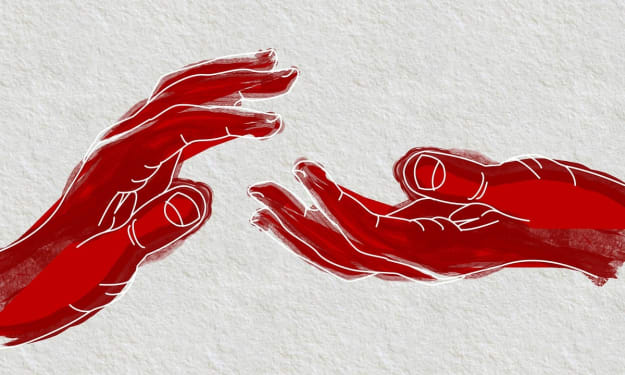

Comments (8)
Fascinating to read as I love all things Victorian, ty for the info, good and interesting writing xx
Very interesting piece!! Please do take time out to read my blog as well https://vocal.media/fyi/digital-danger-zone-how-your-phone-may-be-silently-slaughtering-you
My gran used to live in the old peoples home that is behind this building so we walked past it all the time and I remember going on a school trip to learn about the workhouse (before it was flats) and I was astounded to find out the old building we walked past every weekend was the workhouse. And very creeped out when they told us which part of it was the place they stored the dead bodies and that was the part of the building we always walked closest too.
This is a beautiful piece, very insightful, keeping us at the edge of our minds wondering how lucky we are today not to have lived in the horrific past of our history. Thanks.
Nice 👍
Congratulations on top story! It's so important that we learn history like this, especially when we're starting to see it happen again. Thank you for sharing.
That was very well written and just goes to show we truly are the cruelest of species.
I had nightmares about the workhouses when I read Call the Midwife. Truly horrifying stuff. Thank you for writing about it.